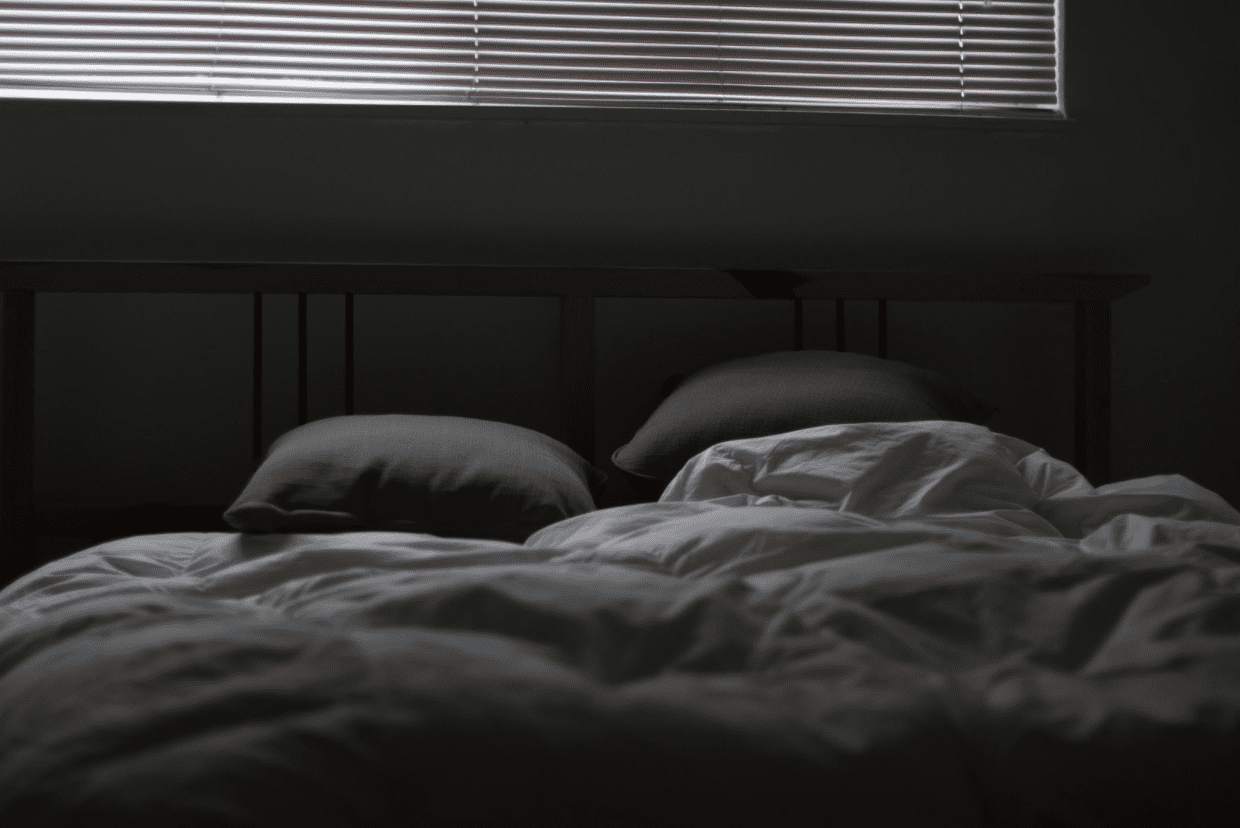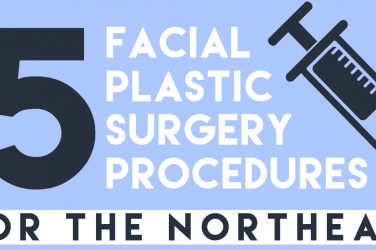Sometimes, it can seem like you understand sleep less the more you learn about it. Sleep is essential to every facet of physical, emotional, and mental health. Many people do not get good sleep; either they struggle to fall asleep or stay asleep or generally do not find their sleep is restful.
Fortunately, there are a few things you can do to get better sleep.
1. Get More Sunlight During the Day
Soaking in sunlight during the day and less light before bed can aid in better sleep at night. This natural pattern of light exposure helps to calibrate your circadian rhythm—also known as your body’s internal clock, whose functions are to tell you when to wake up in the morning and when to sleep at night.
Offices and schools commonly employ sunlight or artificial lights rich in short wave blue light. This light signals to your body and mind to stay awake and active during the day, thus increasing productivity. Those who receive more significant amounts of light between 8 a.m. and noon find it easier to fall asleep and have fewer sleep disturbances at night compared to those exposed to less light in the morning.
Even on a busy schedule in winter, there are ways that you can get more sunlight during the day. There are simple, behavioral changes you can make in your life to increase your exposure, such as:
- Changing your Morning Commute – If possible, try waking up earlier to walk or cycle to work.
- Move Your Work Area Closer to a Window – Depending on your work environment, you may have to consult with your supervisor or workmates on a desk switch.
- Spend Time Outside – Of course, outdoor activity during the day increases your sun exposure. Pick up a new hobby like gardening in the spring or snowshoeing in the winter. Or, opt to exercise outdoors.
Exercise is vital to your health and can help wear you out in preparation for a restful night of sleep. Rather than going to the gym, you can pick outdoor activities like a scenic jog or a weekend bike ride.
2. Cut Down on Caffeine
It may seem obvious, but many people consume caffeine too late in the day. Caffeine is an effective pick-me-up, and its effects last long after you have finished it. Studies suggest you should stop consuming caffeine six hours or more before bedtime; that way, it won’t be lingering in your system.
It’s not just about having a caffeine cut-off time, though; you also need to cut down on the amount you consume. To reduce the risk of caffeine-related sleep problems, consume 250 milligrams or less of caffeine (or three eight-ounce cups of coffee) per day.
There are several ways to reduce your caffeine intake:
- Read the food labels on food and drinks. Caffeine is an ingredient in a lot of sodas and energy drinks.
- Gradually decrease the amount of coffee you drink at a time.
- Switch from coffee to herbal teas.
- Try decaffeinated coffee or soda.
- Check medications, like pain relievers, because some contain caffeine.
3. Track Your Sleep
It is often thought that you can’t change what you can’t measure. Sometimes, after exhausting all attempts to change your lifestyle, it remains unclear why you wake up tired. It can be even more puzzling if you sleep for the recommended seven to nine hours. To help assess your sleep issues, consider using a sleep tracker.
A sleep tracker uses sensors to determine physical signs like heart rate and body movement. It can be in the form of a wearable device that remains on your body throughout the night. Other trackers rest on the mattress, under the mattress, or next to the bed to collect information unobtrusively.
4. Try Melatonin
Remember the circadian rhythm mentioned above? It relies on melatonin to signal to your body that it’s time to sleep. Melatonin is a hormone that your brain produces in response to darkness, and as such, exposure to bright light can hinder its production. Melatonin does not make you sleep; it merely relaxes you in anticipation of sleep.
Most people produce enough melatonin naturally, but some people may need to take a supplement. Health experts recommend using melatonin supplements only on a short term basis. Melatonin supplements are regulated as a dietary supplement and not medicine, so they are not strictly regulated. Only take melatonin under the guidance of your healthcare provider.
5. Try THC Edibles
Another popular substance used as a sleep aid is marijuana or THC edibles. Edibles are food items made using cannabis flower or concentrate such as baked goods, brownie mixes, beverages, cooking oil, and treats like THC gummies. THC gummies are popular edibles because they are small, convenient, and easy to store.
Cannabis has a long, well-documented history as a sleep aid. THC has sedative effects and is known to reduce pain and promote relaxation—making it quite popular for individuals suffering from chronic pain issues that prevent them from sleeping well.
The other main component of cannabis, CBD, can help with stress and anxiety, which can contribute to poor sleep.
The potency in edibles is measured differently from flowers. Flowers state their chemical content in percentages, while edibles state it in milligrams. So, on edible packaging, you should see the milligrams of THC and CBD per serving and the total amount, in milligrams, present in the entire package. If you buy a chocolate bar containing 50 milligrams of THC, cutting it into 10 equal pieces will give you five 10-milligram doses.
The amount of time an edible takes to kick in can vary from 30 minutes to a few hours. The variance is affected by factors such as the type of edible, how you consumed it, your metabolism, and various other factors. To avoid an overwhelming high, start with one to five milligrams and see how it affects you.
Canada legalized marijuana in 2018 and THC edibles one year later. So, while you do not need a medical diagnosis to purchase weed products, it’s recommended for newcomers to discuss this option with a physician as you would with other sleep aids.
6. Get Consistent
Building a consistent sleep and wake schedule can help your body know when to shut down and when to wake up. Maintaining a regular sleep schedule is essential for regulating your circadian rhythm. You can achieve a more consistent sleep schedule by:
- Setting a strict sleep and wake time. Use alarms to wake up and always get into bed at the time you’ve selected. Ease into the schedule to avoid any adverse effects.
- Cut the lights when it’s time for bed. Avoid screens like TV, tablets, laptops, etc., an hour before bedtime.
- If you have trouble waking up at your allotted time, find ways to get more light in the morning. This can prompt your circadian rhythm to align you with a more natural waking rhythm.
Manage Your Sleep
Sleep is vital to rejuvenate your mind and body and maintain optimal health. Without proper rest, one can become stressed, distracted, and their immune system will weaken. Lack of sleep is the reason behind many accidents, learning difficulties, and lost productivity. Make sure to always prioritize healthy sleep in order to function to the best of your ability.







